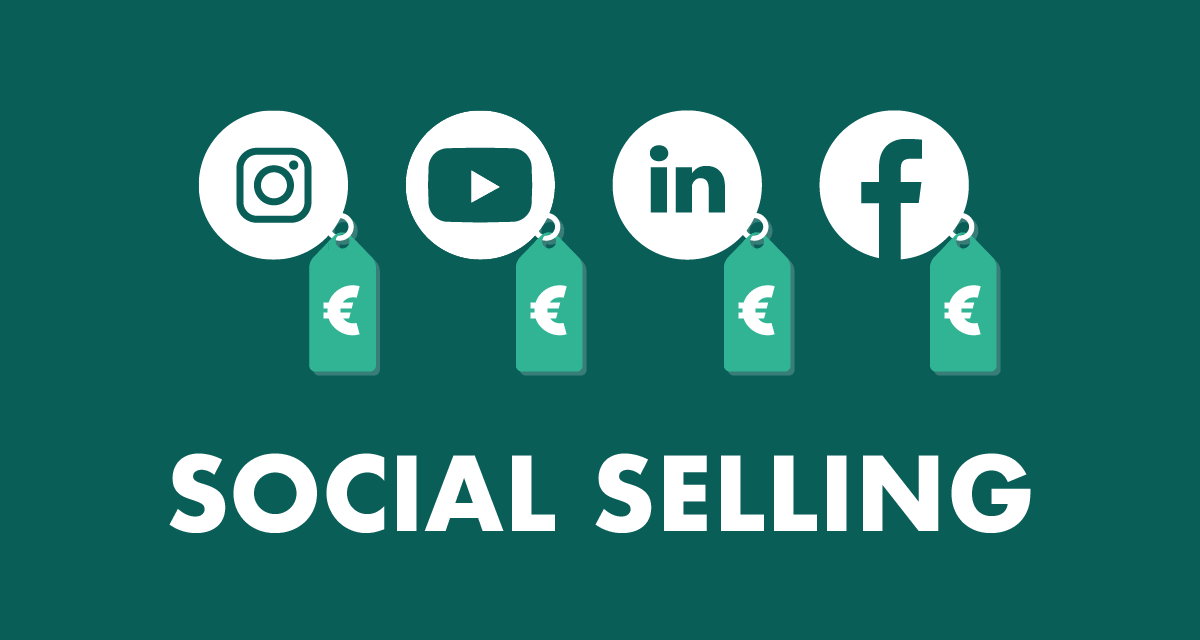Have you ever lost a deal because you missed out on something important?
I have. And it made me a better salesman.
As a sales person, you rely on colleagues to do their job and to record their actions. As a manager, you rely on your team to do the same thing. One wrong step or missing vital information might crash a deal. The most successful companies work consistently on collecting information about customers from not only the front runners in sales and customer service, but all parts of the company.
This is a story from my experience that made me grow as a salesman.
I was ready to get my prospect’s signature on a pretty good deal. I was working in the ERP (Enterprise Resource Planning) business, and a large customer was getting ready for a major upgrade, some new vital modules and related services. I was supposed to meet at their site right before lunch, and had arranged for everything: two copies of the contract papers, a nice pen, my sharpest suit, and a "thank-you" speech to the customer.
Entering the conference room I could feel that something was wrong, but could not get around what is was. Right next to the manager there was another person unknown to me. We had a small chat as usual, and I put the contract papers on the table in front of me. As I started, the new guy interrupted me.
"I am a bit disappointed. I talked about some important issues with a colleague of yours in your consulting department in Sweden. I have heard nothing from him since ..."
I was taken by surprise. I got no signature that day, and had to apologize for not knowing about those issues, and promised to look into it as soon as I came back to the office. If I had only known this before the meeting I could have mentioned it in the opening and reassured the client that we would meet their concerns. I missed my sales quota that month. I was upset with my colleagues. The worst thing was, I felt embarrassed.
The incident gave inspiration to my managers and to improve the way the whole business served customers and prospects. We learned that having a 360 degree view of our customers’ experience with the company is vital.
But I learned my lesson, and closed the deal the following week and quarter.
How do you manage your customer data?
When I talk to customers and prospects on this topic today, I challenge them with four questions:
1. Do you track your phone calls?
Your company talks to customers every day. Issues or problems are often raised on the phone. Do you deal with it there and then? Is the customer happy or still unhappy? Do you log this in your internal systems?
I believe that you are never better than the information available to you at any time. Getting this on track is about creating an understanding of why this is important, it is about company culture in your business.
2. Do you track your e-mails?
Collaboration within teams and departments improves the way we work. An important mail to and from customers, prospects, partners, and suppliers does no good in somebody´s inbox. Transparency improves quality. How can you do a job for a colleague who is ill, or take over sales process from a sales person who has just left the company without knowing the full story?
3. Are all employees equal?
From my own experience, I see that the knowledge and interest for entering information into central system on contacts is considered less important if you consider yourself not in the front row towards customers.
I will give you a few examples, starting from the top. As a manager you are a role model in this field. And most likely you are making a lot of decisions that your colleagues need to know about. Do they? What about you finance department? They make deals about collecting money, arranging payment plans, discussing credit notes and tracking credit ratings. My experience is that these employees love tracking details in Excel spreadsheets and on the file servers. Why not challenge them to update the CRM solution in a different and more efficient way - a way that will benefit the whole organization?
4. How do you meet the mobile workforce challenge?
People move around. Office workers spend less time by their computers and more time on the road and in meetings. Part of the workforce becomes more mobile. Improved technology, better infrastructure, wi-fi zones, record-breaking sales of smartphones and tablets, and growth in social media interaction all support my message.
There is common knowledge that "customers comes first" in business. In the end, buying customers is the life-thread of any company. But in order to achieve this, happy employees are vital. Proper tools and access to relevant information at the right time is a prerequisite for enabling employees to do their job.
And believe me, it is a lot more fun to do the job when you get the impressed customers on the other side of the line saying: - "I really enjoy doing business with you. I feel valued”.
Start feeling the love from your customers with this free white paper download >>



